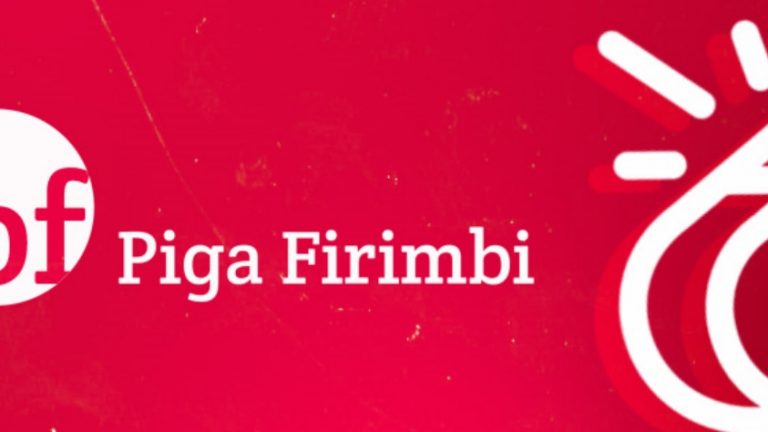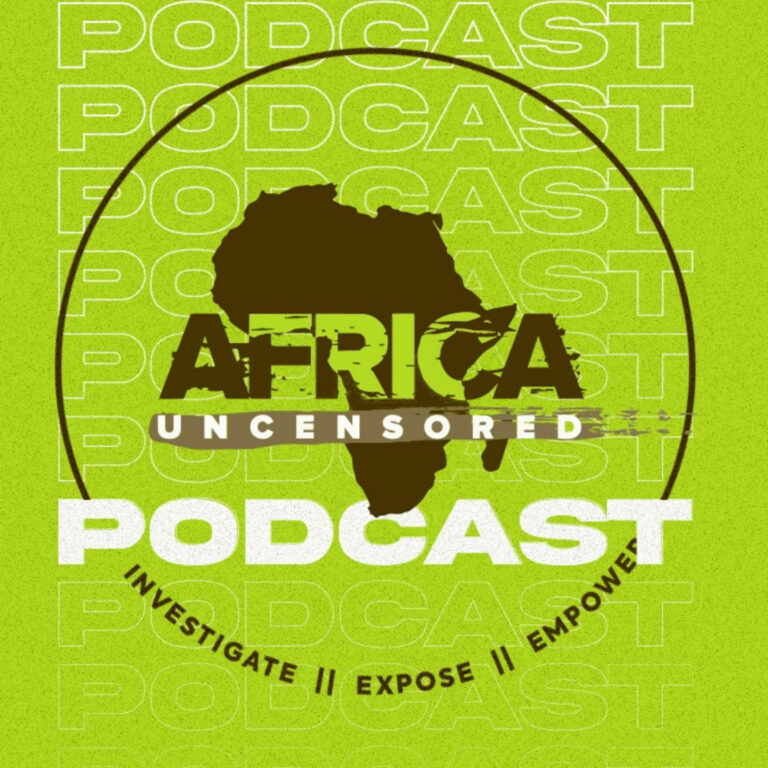Piga Firimbi endeavours to be promptly responsive in correcting errors in material published on digital platforms. When we run a correction, our goal is to tell readers as clearly and quickly as possible, what was wrong and what is correct. Anyone should be able to understand how and why a mistake has been corrected.
Corrections that we make will include the accurate information. They will explain the error, and may restate the error when it’s necessary to clarify what it was or to debunk a claim.
We make corrections for errors of fact — not misspellings, typos, or broken links. We do issue corrections in the event that a person or brand’s name is misspelt. In this case, the correction will state simply as [person]’s name was misspelt in an earlier version of this post/article.
We aim to maintain the tone of the correction in alignment with the tone of the item where the correction appears, in keeping with its gravity. For a news error, the language will be sober and direct. Corrections on social media may vary in tone, but we aim to keep it as close as possible to the tone of the original content.
Corrections will be made in plain English, and we will not attempt to disguise the correction in a language that appears to shift blame elsewhere.
We aim to be very thorough and careful, and try to get it right the first time, so that we do not need to correct a correction. If the correction is about a person, we will confirm with the person affected before printing it.
We will try to mention the correction on all channels the story went out on — including on social media.
All corrections are run by the senior editor, and when necessary, with the Editorial Director at Africa Uncensored.
If someone on social media pointed out the error, we will respond and acknowledge the person, regardless of how the correction is framed. Our understanding here is that the person did us a favour by improving the piece. If the correction came through social media, we will acknowledge the person in the correction.
If we are substantively correcting an article, photo caption, headline, graphic, video or other material, we will promptly publish a correction explaining the change.
Clarifications
When the story is factually correct but the language we used to explain the facts within is not as clear or detailed as it should be, the language will be rewritten and a clarification added to the story. We will also use a clarification in the event that we may initially have been unable to get a comment or response that has since been added to the story, or that new reporting has shifted our account of an event.
Editor’s notes
A correction that calls into question the entire substance of an article, raises a significant ethical matter or addresses whether an article did not meet our standards, will be amended to include an editor’s note, and will be followed by an explanation of what is at issue. The senior editor and/or Editorial Director will need to approve the addition of an editor’s note to a story.
Language
While we do not attribute blame to individual reporters or editors (e.g. “because of a reporting error” or “because of an editing error”), we may note that an error was the result of a production problem or because incorrect information came to us from a trusted source.
Take-down (unpublish) requests
As a matter of editorial policy, takedown requests can only be carried out by the Editorial Director. The only consideration for a takedown is legal grounds as stipulated in Kenyan law. We will strive to be transparent in our takedown decisions whenever possible.
In some cases, we may be unable to disclose details due to ongoing legal proceedings or to protect sources.
If you wish to have a post corrected, reach out to us through the contact form on this site.
Sections of this policy have been adapted from the Washington Post Policies and Standards and The BuzzFeed News Standards And Ethics Guide.



